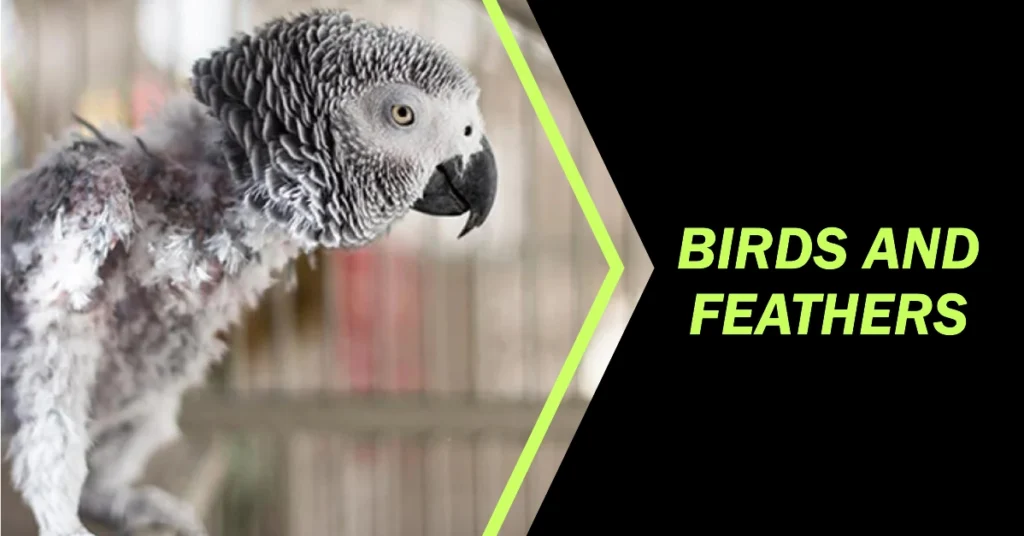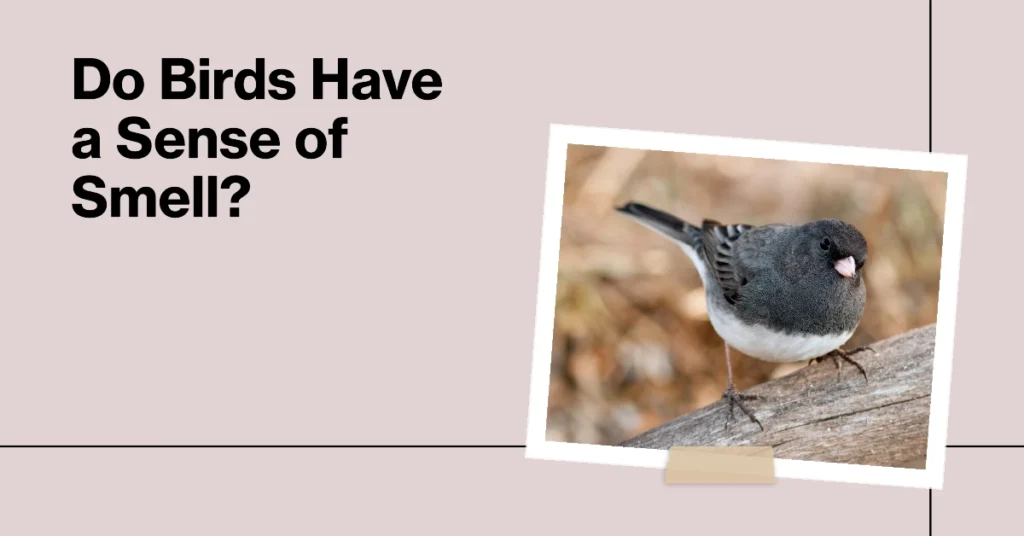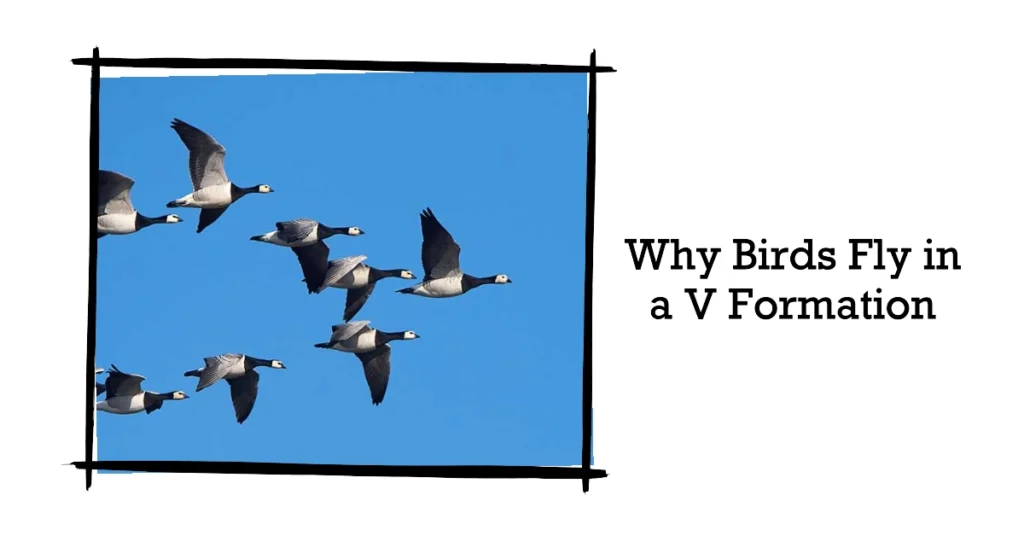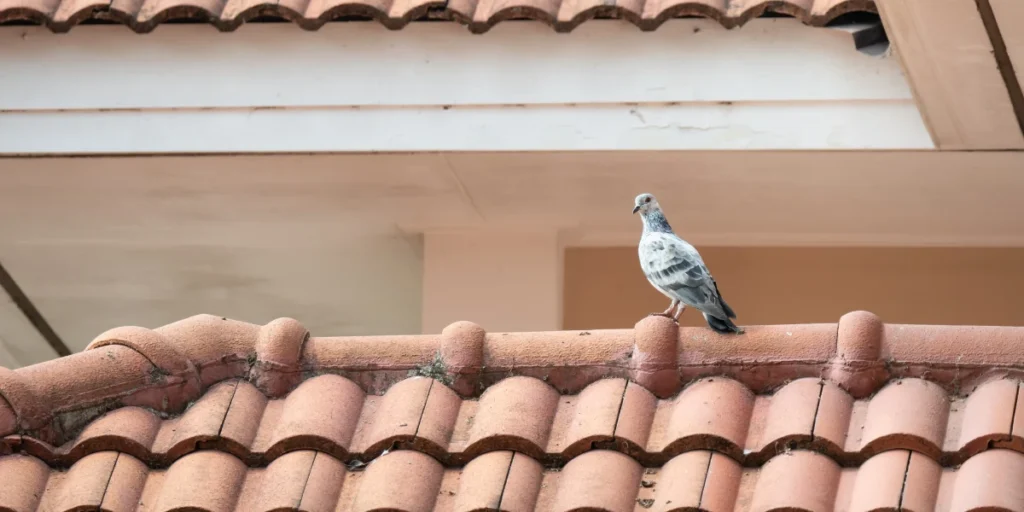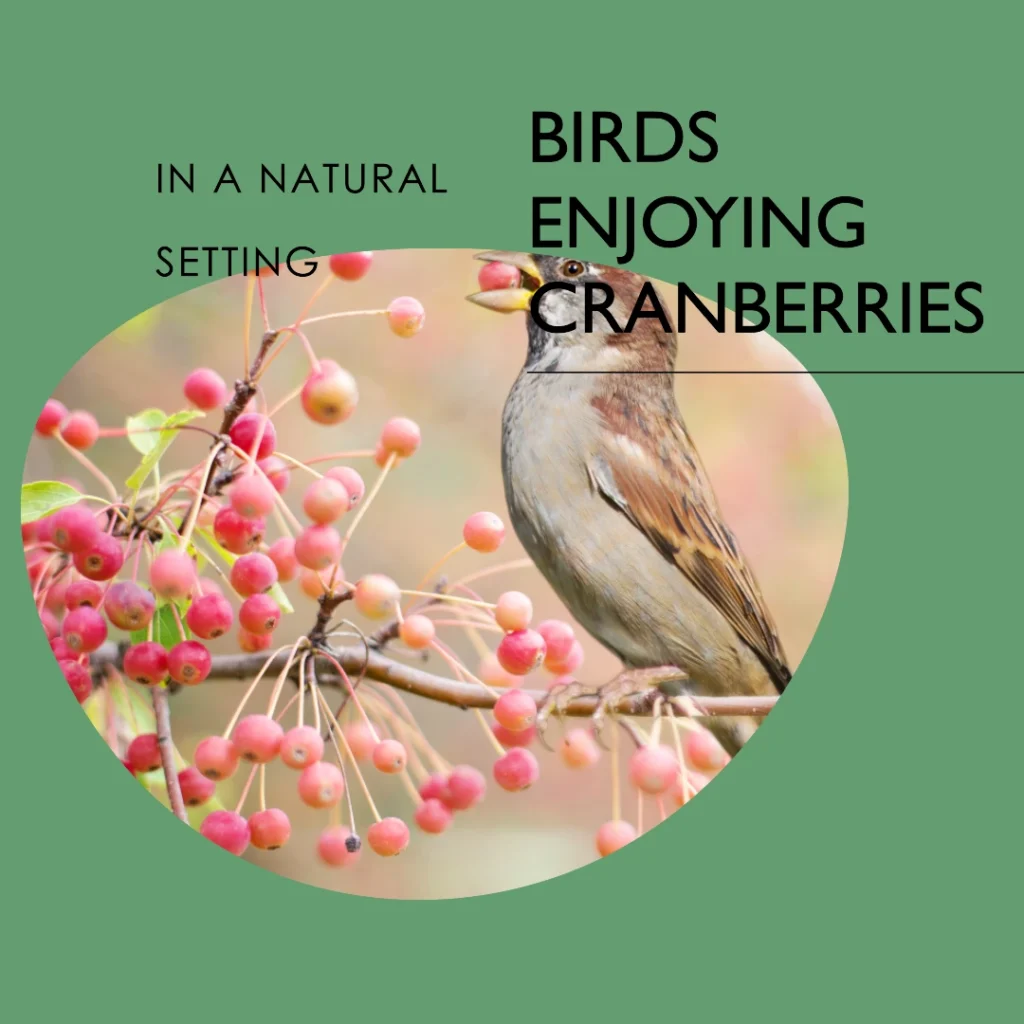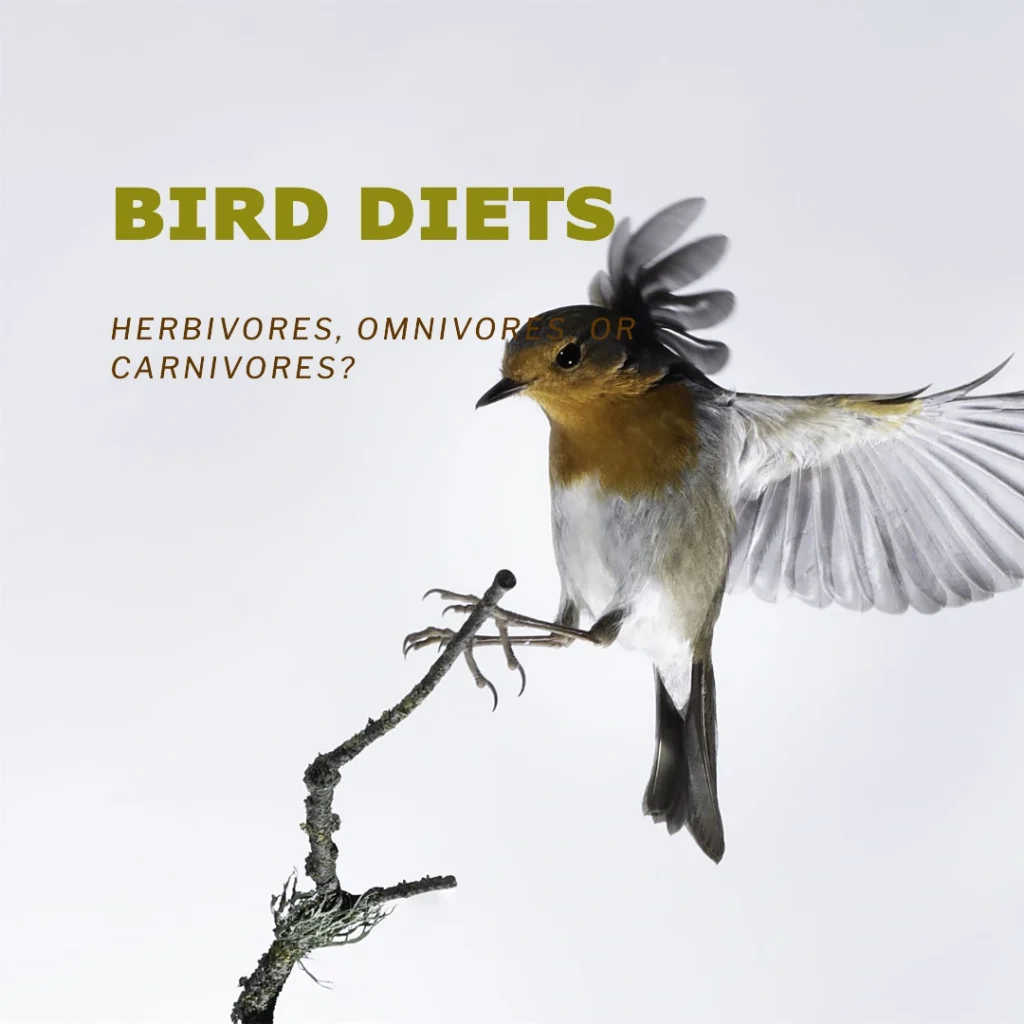Birds, with their vibrant colors and melodious songs, have captivated humans for centuries. From the majestic parrot to the chirpy canary, these feathered friends have found their way into our homes and hearts.
But the question arises: should birds be pets? This article delves into the world of pet birds, exploring the joys and responsibilities of bird ownership, the ethical considerations of keeping birds in cages, and how to provide the best care for these winged companions.
Table of Contents
The Debate Over Keeping Pet Birds in Cages
Keeping birds as pets is a controversial topic. Some people believe it’s cruel to keep pet birds in cages, while others argue that with proper care, birds can thrive as pets. This article explores the pros and cons of bird ownership to help you decide if getting a pet bird is right for you.
Why Do People Keep Pet Birds?
People keep pet birds for various reasons:
- Companionship – Birds like parrots and cockatiels can form strong bonds with their owners.
- Beauty – Many find birds aesthetically pleasing with their bright colors and unique feather patterns.
- Novelty – Exotic birds are seen as unusual and interesting pets.
Potential Issues with Keeping Pet Birds
While rewarding, caring for a pet bird comes with challenges:
- Space Requirements – Birds need sizeable cages or aviaries to allow for flight and natural behaviors.
- Noise – Some bird species can be quite loud, which may disturb neighbors.
- Mess – Birds can be messy, scattering seed hulls and producing significant amounts of droppings.
- Potential Health Issues – Birds may carry diseases transmittable to humans.
- Longevity – Many bird species have long lifespans, requiring a long-term commitment.
The Wild Bird Trade
One major concern is the wild bird trade’s impact on bird populations. Each year, millions of wild birds are captured and sold into the pet trade, often under cruel conditions. This can decimate wild populations of certain species.
Ideally, pet birds should be:
- Captive-bred domesticated species
- Never wild-caught birds taken from their natural habitats
However, the demand for exotic birds drives illegal poaching and smuggling of wild birds.
Signs a Bird Was Wild-Caught
It can be difficult to tell if a bird was wild-caught, but some signs include:
- Excessive fear, stress, or aggression
- Difficulty adapting to captivity
- Evidence of capture injuries or feather damage
Responsible bird owners should only obtain birds from reputable breeders or adopt from shelters.
Parrots and the Pet Trade
Parrots are among the most popular pet birds, but their capture from the wild is particularly devastating. Many parrot species are endangered due to habitat loss and poaching for the pet trade.
A table of selected parrot species and their wild population status:
| Species | Wild Population | IUCN Status |
| Hyacinth Macaw | 3,000 | Endangered |
| Spix’s Macaw | Extinct in Wild | Critically Endangered |
| Philippine Cockatoo | 1,000 | Critically Endangered |
| Puerto Rican Amazon | 58-80 | Critically Endangered |
Caring for a Pet Bird
If you decide to get a pet bird, be prepared to provide:
- A large, clean cage or aviary
- Enrichment with toys, perches, and foraging opportunities
- A nutritious seed/pellet diet supplemented with fresh fruits and veggies
- Frequent social interaction and supervised out-of-cage time
- An avian veterinarian for routine care
Many birds are highly social and can become depressed, anxious, or develop behavioral issues without adequate companionship. Keeping two birds of the same species is often recommended.
Birds Require Commitment
Owning a pet bird is a major responsibility. Larger birds like parrots can live 50+ years, so you’ll need to make arrangements for the bird’s lifetime care.
Birds are also costly due to:
- Large cages/aviaries
- Specialized diets
- Veterinary expenses
- Grooming/wing trims
- Toys and enrichment
Alternatives to Keeping Pet Birds

If you love birds but can’t provide an ideal environment, consider:
- Watching birds at parks, zoos, or wildlife refuges
- Installing bird feeders or baths in your yard
- Volunteering at a local wildlife rehabilitation center
- Sponsoring or “adopting” a bird at a reputable facility
With some species facing extinction, the most responsible choice may be admiring birds in their natural habitats.
Final Thoughts
Keeping pet birds is a complex issue. With dedication and proper care, some domesticated bird species can thrive as pets. However, the demand for exotic birds fuels an unethical trade that’s devastating to wild populations.
Potential owners must carefully consider if they can meet a pet bird’s substantial space, social, financial, and veterinary needs for its lifetime. For many, enjoying birds through non-captive means is the more ethical choice.

